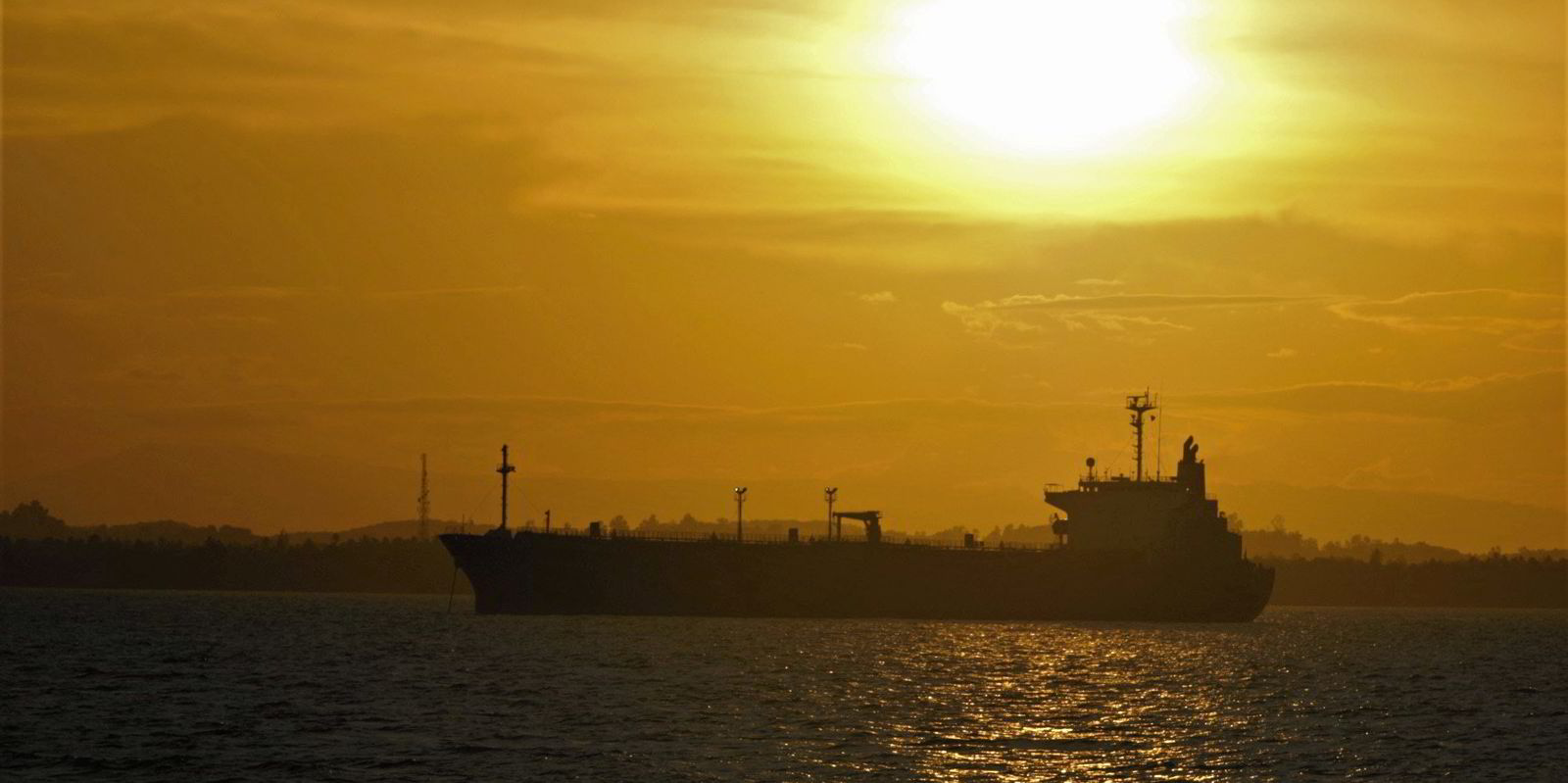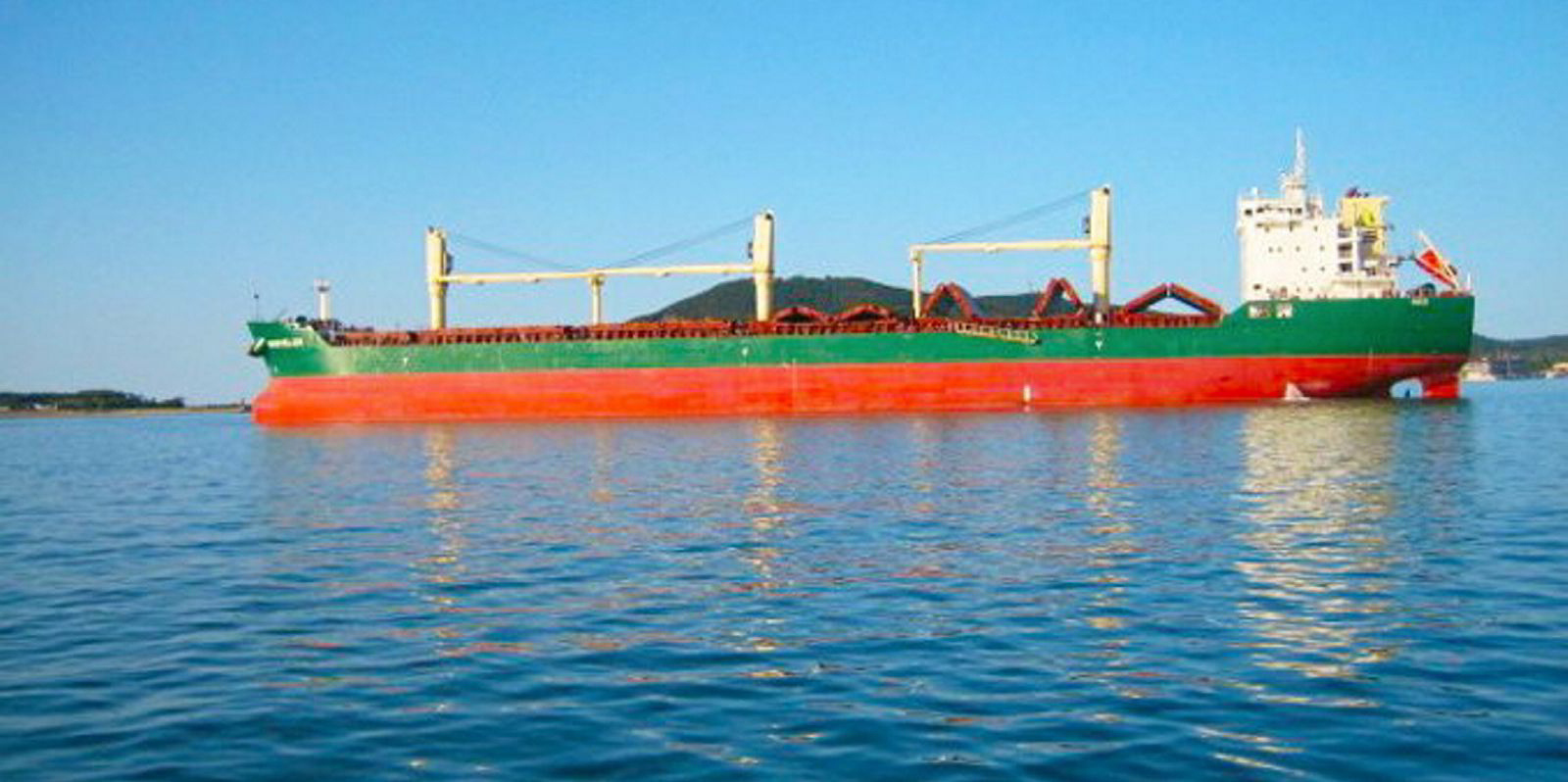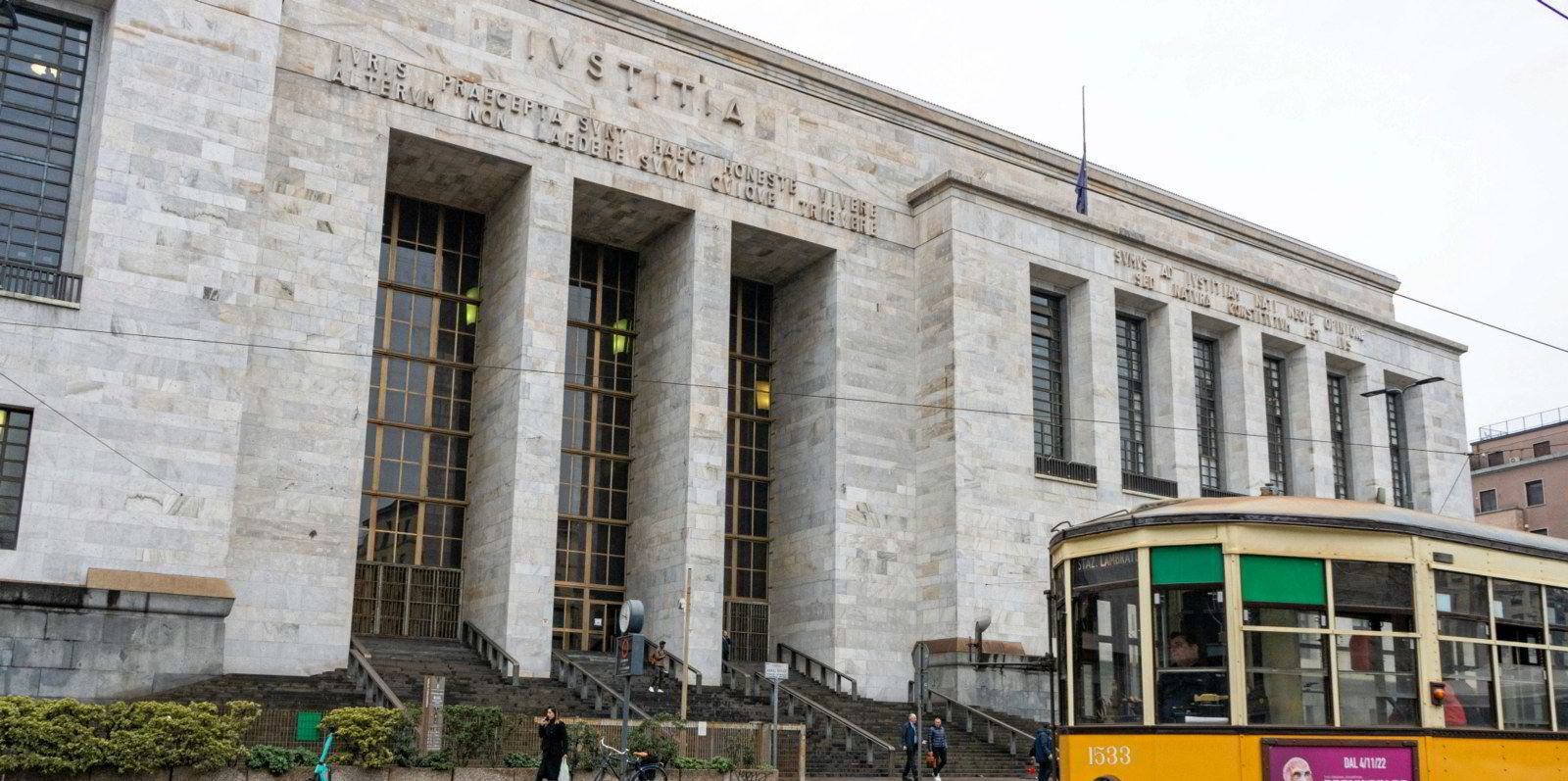Will ships from the so-called dark fleet ever make their return to mainstream trades?
Opinions were divided during a sanctions panel at the Connecticut Maritime Association conference in Stamford on Thursday.
“The bigger question is when do they become too old? Where is the next crop of vessels going to come from?” said George Tsimis, director at GJT Maritime Consultants and a Society of Maritime Arbitrators board member.
“It’s not a good situation where you have older vessels getting older, probably not getting the attention they need from a maintenance and operational standpoint.”
The dark fleet or shadow fleet is largely made up of tankers operating in sanctioned trades. They are often, but not always, older ships controlled by owners in jurisdictions with opaque corporate registries and classed and insured by non-traditional outfits.
Its numbers vary by who is doing the estimation but was largely thought to grow in the last year following Russia’s invasion of Ukraine as non-traditional buyers flocked to older tonnage.
The fleet started with ships willing to carry Iranian oil and petrochemicals, spread to Venezuelan trades and most recently Russian trades with the implementation of the oil and oil products price caps.
The caps block any maritime service providers in G7 countries from carrying Russian crude sold for more than $60 per barrel and certain oil products at either $45 per barrel or $100 per barrel.
Below those prices, and G7 companies can participate in the trades.
American P&I Club chief operating officer Daniel Tadros said it would be tough for those ships to return to mainstream trading should sanctions be lifted.
“Dark fleet does not necessarily mean it’s all about Russia. There’s still Iranian oil that’s being transported, there’s still Venezuelan oil that’s being transported. This dark fleet encompasses all of that,” he said.
George Chalos of Long Island-headquartered Chalos & Co said not all dark fleet ships are old, poorly maintained ships. Some trade there by choice.
“It’s not correct to say they’re old and badly maintained,” he said.
If they return to mainstream trading is down to economics, Chalos added.
“The dollars and cents of the business will dictate that,” he said.






